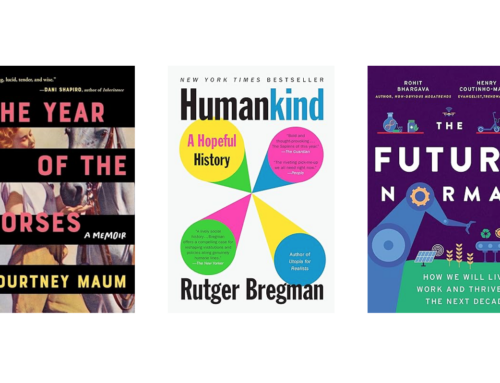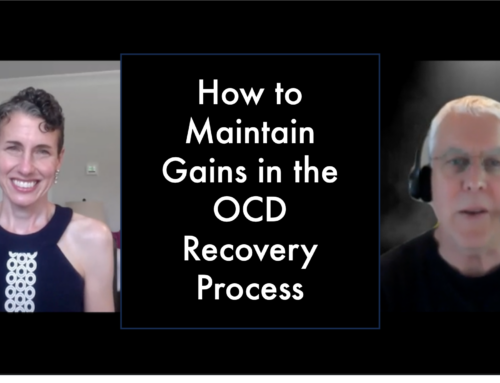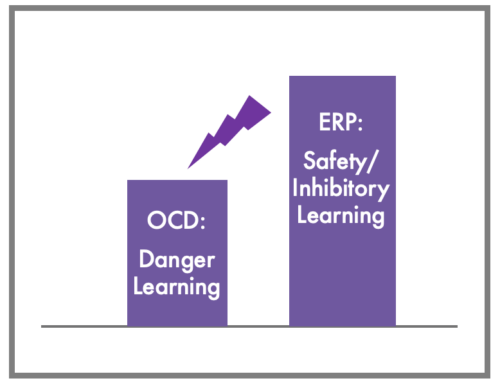I love the Harry Potter series by J.K. Rowling. I have read the books and watched the movies countless times. I even went to The Wizarding World of Harry Potter at Universal in Orlando with my friend Jenna over spring break this year! But what in the world does Harry Potter have to do with OCD?
Plenty. Just ask any wizard who’s ever encountered a dementor.
“Like I’d never be cheerful again….”
For those of you muggles out there who are not familiar with dementors, they are the guardians of the Azkaban wizard prison. Terrifying creatures cloaked in gray tattered robes, they hover menacingly around the Hogwarts School of Witchcraft and Wizardry in Harry Potter and the Prisoner of Azkaban. They are incredibly effective guards because no one wants to get anywhere near them.
For those who are susceptible, being close to a dementor forces a person (wizard or muggle) to relive his or her worst memories—the most awful thoughts s/he could have. Anytime the dementors came near Harry, he was bombarded by images and sounds from his parents’ deaths at the hands of Voldemort. Harry’s friend Ron, who was less susceptible to the dementors’ powers but still affected, summed up the result of being close to a dementor quite nicely: “I felt weird,” said Ron, shifting his shoulders uncomfortably. “Like I’d never be cheerful again….”
Gosh, this is sounding an awful lot like OCD, isn’t it? Being flooded with awful thoughts, happiness only a vague and distant memory. If I had to draw a picture of my “OCD monster” it would look a lot like a dementor.
The importance of a very happy memory
Dementors, like OCD, are not all-powerful (even though it may feel like they are at times). The Patronus Charm provides an effective shield that prevents a dementor from getting anywhere near the wizard using it. Let me allow Harry and Professor Lupin to explain a bit more:
“What does a Patronus look like?” said Harry curiously.
“Each one is unique to the wizard who conjures it.”
“With an incantation, which will work only if you are concentrating, with all your might, on a single, very happy memory.”
It occurred to me when I saw this scene in the movie that my exposure and response prevention (ERP) therapy has its own variation of the “happy memory” that has been critically important to my success. Just like Harry must think of a happy memory to successfully conjure a Patronus, I must think of why I want to get better to successfully do my ERP.
Why I want to get better
Can’t I just do ERP without that? Of course, but for me it works a lot better if I keep my overall goal in mind: “I want to do my ERP because I want to be able to live my life without constant anxiety. I want to be able to be in the moment. I want to be free.”
Because let’s face it, all you muggles out there: ERP can be hard to do at times. ERP requires that we face our fears without doing rituals. It’s scary, and that’s the point. We need to be anxious during ERP to get/stay better. But If I am not firmly thinking about why I am doing my exposure, it can be easy to back away from the anxiety. To distract. To quit.To let OCD win. And if OCD wins, I lose.
When Harry kept his happy memory in mind, a memory of his parents, he produced a Patronus in the shape of a beautiful stag that ultimately saved his life. That’s appropriate to my analogy, because I feel doing ERP saved my life.
I want to be free
Of course, OCD tries like a hovering dementor to come back from time to time. But I just keep my goal in mind and do my ERP. Because I want to win…..I want to continue being free.






Leave A Comment